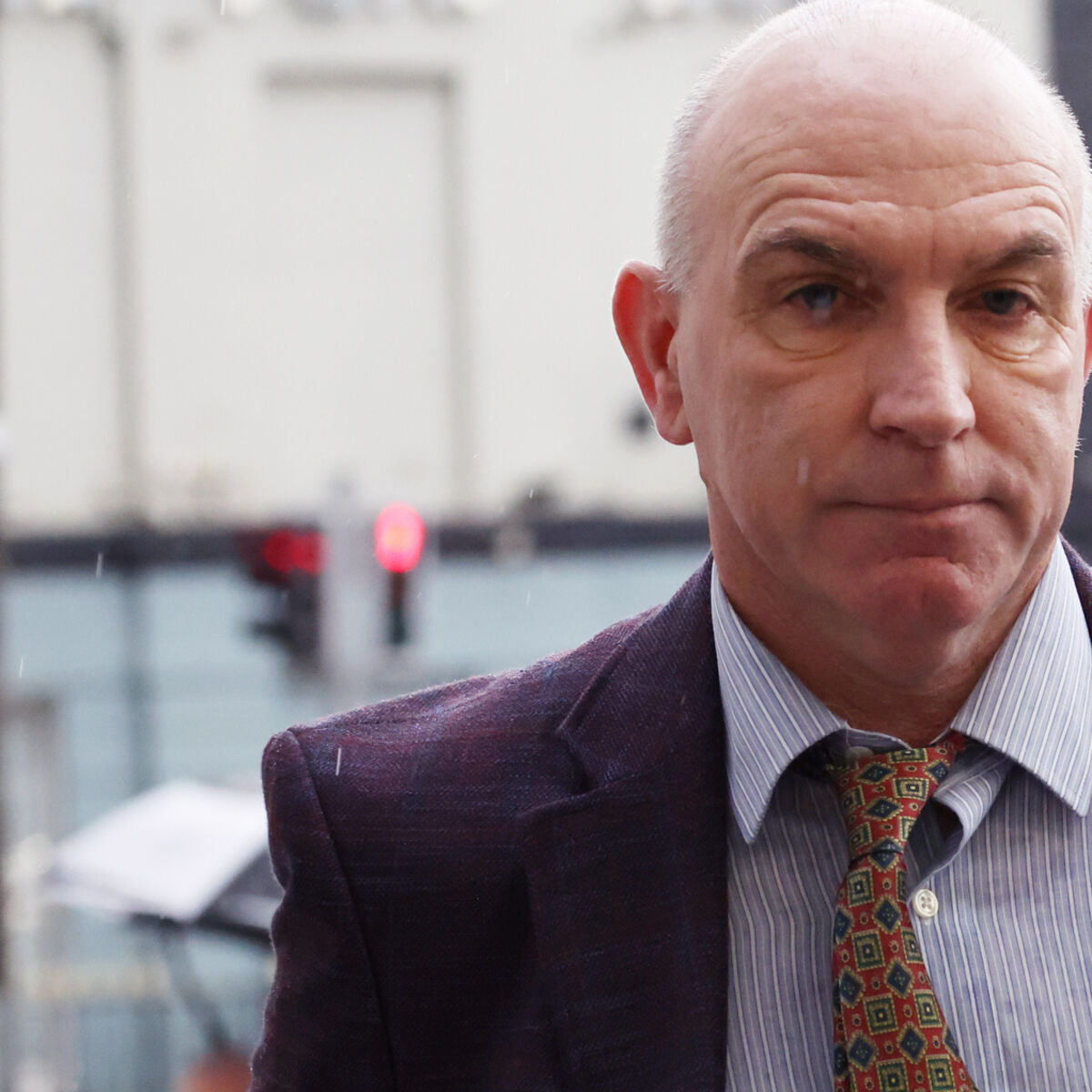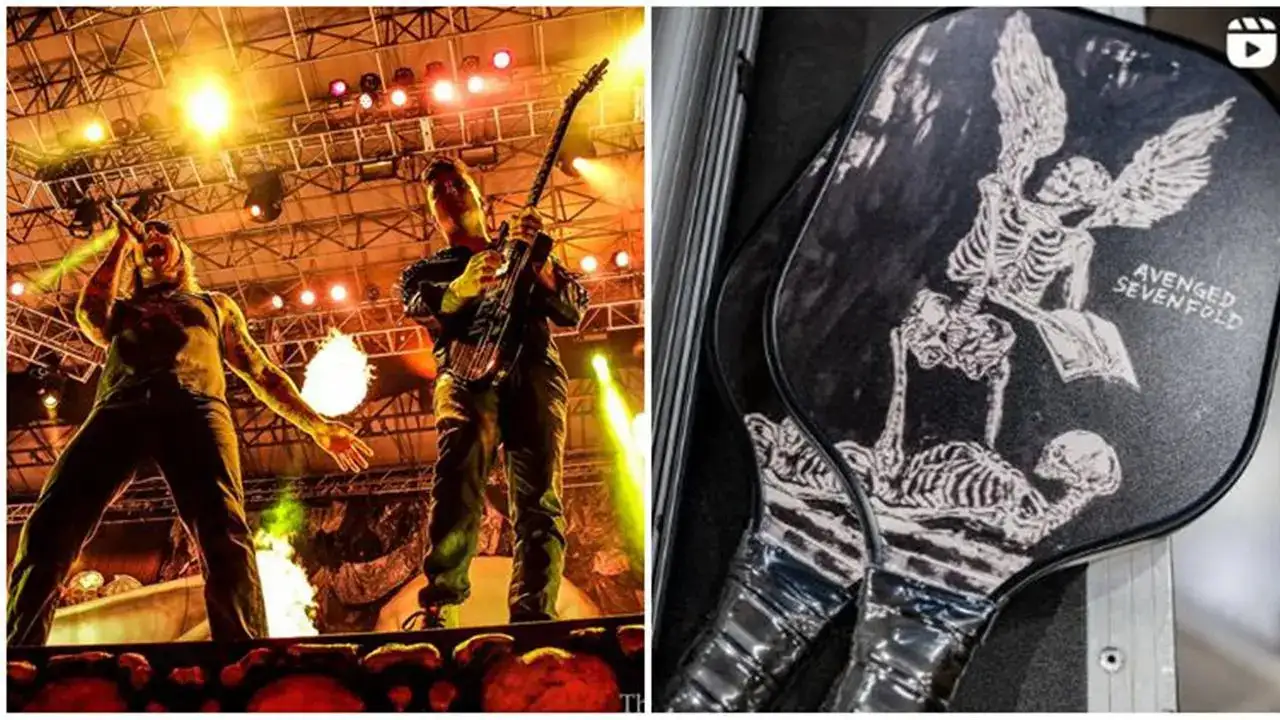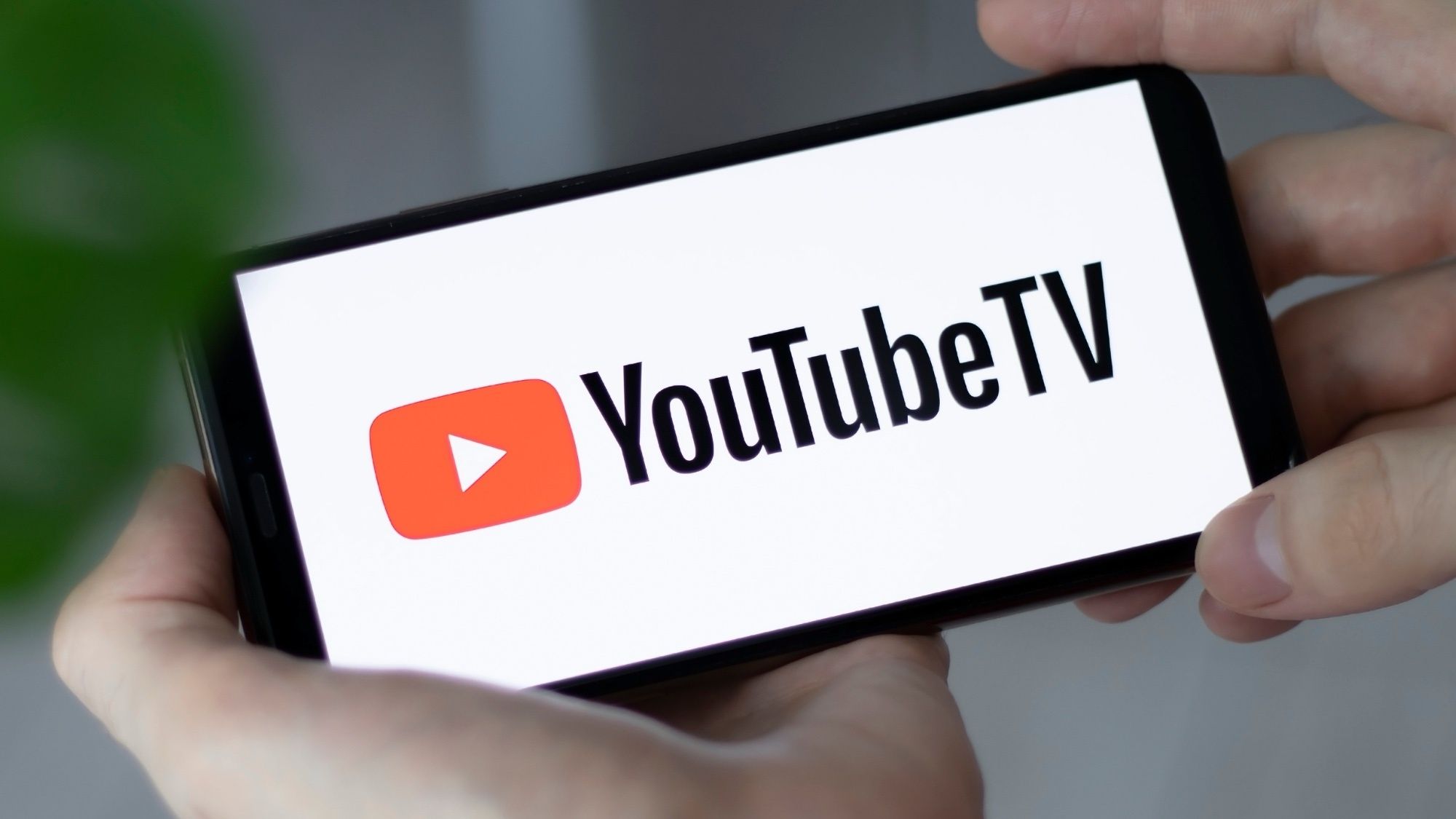Copyright irishexaminer

Being deceived isn’t new. Humans are vulnerable to charm, celebrity, and hope. It’s why scams are rising in volume and complexity. Last year, 80% of Irish consumers were targeted, while global scammers stole over $1trn. By modern standards, Carey’s fraud was relatively unsophisticated — falsified hospital letters and an iPhone cable bandaged to his nose. Many of us think we’d have spotted the red flags. Perhaps. But research finds only 56% of people correctly distinguish real news from fake news. It’s a coin toss. But why are we so easily deceived? Although we crave simplified answers to complex questions, no single cause explains why victims are fooled. In a world of distraction, overload and fake news, we still take people at face value. The attention crisis prevents reflection, reasoning and second-guessing. We simply don’t have time to interrogate every message or motive. And AI cannot help. Familiarity bias explains much of Carey’s scam. We overly trust those we know, from the workplace, school, pub, or club. Carey targeted his in-group of friends, family and fans. That shared identity facilitated his ruse. Defences were lowered. Familiarity also heightened the later sense of betrayal. After all, an anonymous con is easier to accept. Similarly, disgraced Wall Street titan Bernie Madoff exploited his Jewish community, plundering retirement savings from relatives and friends, offering privileged access to ‘superior’ returns. The con makes victims feel special, especially when they carry perceived authority or prestige. When doubts emerge, most bury suspicions to avoid uncomfortable situations. The familiarity of fame short-circuits scepticism further. We crave association with glory — and the glorified. When we elevate sports heroes, TV celebrities, or even bosses, perspective shrinks. Through the halo effect, we infer excess credibility or virtue. Remember Lance Armstrong? We become overconfident in characters we barely know. Savvy scammers exploit our saviour complex and charitable nature. Helping others enhances feelings of benevolence. Emotionally charged messages prompt generosity towards the less fortunate, including an ailing local hero in need. Compassion then overrides critical thinking. Carey evoked huge empathy and goodwill before manipulating it. In standard con practice, he likely used social proof by referencing “many kind supporters” to recruit and grow his database to at least 22 victims. Well-meaning donors assume safety from the crowd’s actions, neglecting further due diligence or common sense. This herd instinct explains Ponzi schemes, market bubbles, and get-rich-quick schemes. Incremental commitment certainly plays a part. Patient fraudsters exploit the classic foot-in-the-door technique, common among negotiators and salespeople. The small ask precedes the bigger ask, such as the cost of a taxi fare before a transatlantic flight. Empty wallets result. Like a Ryanair seat sale, Carey leveraged the principle of scarcity to secure additional funds. A rare cancer demanded rare treatment. Who could refuse? We respond to urgency — the critical meeting or last-minute appeal. Timing is everything. Victims often report feeling at a low ebb or caught off guard when scammers call or email. It starts with misjudgement — a minor short-term fix, a white lie, a delayed payment. For Carey, an unverified 2001 rumour about cancer may have planted the seed. The slippery slope began, a descent from hero to zero. For victims, the fallout hurts. What once made them proud now invokes social shame. “To my embarrassment, I was completely duped,” said Denis O’Brien. Humiliation can eclipse fury and even loss, and wishful thinking derails judgement at every level. Consider media mogul Rupert Murdoch, who lost $125m in Theranos’s ‘iPod of healthcare.’ Warnings usually exist. Consider the ‘cash for play’ rumours. Carey’s former fiance and partner engaged auditors over business irregularities. A handful of tuned-in donors sensed danger — something felt off. This isn’t an isolated case — cancer is a common con. For years, Australian wellness influencer Belle Gibson fabricated terminal cancer for fame and profit. The con worked. Ironically, it’s easier to fool people than to convince them they’ve been fooled. This is a story of deception and a study in misplaced trust. Trust is a virtue, but blind trust quickly becomes a vulnerability. We can learn lessons in self-protection. Tune in to nagging doubts, inconsistencies, and irregularities. Decode self-serving agendas and balance empathy with scepticism. “Trust but verify,” as Ronald Reagan once said. By asking questions and questioning answers, you improve the odds of helping out, not losing out. Nuala Walsh is adjunct professor of behavioural science at Trinity College Dublin and founder-chief executive of MindEquity



